MORE IMPORTANT INFORMATION ABOUT YOUR TRAVEL TO Como
The Train station is located at the center of Como
Como (Italian pronunciation: [ˈkɔːmo], locally [ˈkoːmo]; Comasco: Còmm [ˈkɔm], Cómm [ˈkom] or Cùmm [ˈkum]; Latin: Novum Comum; Romansh: Com) is a city and comune in Lombardy, Italy. It is the administrative capital of the Province of Como. Its proximity to Lake Como and to the Alps has made Como a tourist destination, and the city contains numerous works of art, churches, gardens, museums, theatres, parks and palaces: the Duomo, seat of the Diocese of Como; the Basilica of Sant'Abbondio; the Villa Olmo; the public gardens with the Tempio Voltiano; the Teatro Sociale; the Broletto or the city's medieval town hall; and the 20th century Casa del Fascio. With 215,320 overnight guests, in 2013 Como was the fourth most visited city in Lombardy after Milan, Bergamo and Brescia. In 2018, Como surpassed Bergamo becoming the third most visited city in Lombardy with 1.4 million arrivals.Como was the birthplace of many historical figures, including the poet Caecilius mentioned by Catullus in the 1st century BCE, writers Pliny the Elder and Pliny the Younger, Pope Innocent XI, scientist Alessandro Volta, and Cosima Liszt, second wife of Richard Wagner and long-term director of the Bayreuth Festival.
Source:
WikipediaADDITIONAL INFORMATION ABOUT Milan
The Train station is located at the center of Milan
Milan is a city in northern Italy, capital of Lombardy, and the second-most populous city in Italy after Rome. Milan served as the capital of the Western Roman Empire, the Duchy of Milan and the Kingdom of Lombardy–Venetia. The city proper has a population of about 1.4 million while its metropolitan city has 3.26 million inhabitants. Its continuously built-up urban area, that stretches well beyond the boundaries of its administrative metropolitan city, is the fourth largest in the EU with 5.27 million inhabitants. The population within the wider Milan metropolitan area, also known as Greater Milan, is estimated at 8.2 million, making it by far the largest metropolitan area in Italy and the 4th largest in the EU.Milan is considered a leading alpha global city, with strengths in the field of the art, commerce, design, education, entertainment, fashion, finance, healthcare, media, services, research and tourism.
Source:
WikipediaImages of the trains for your trip


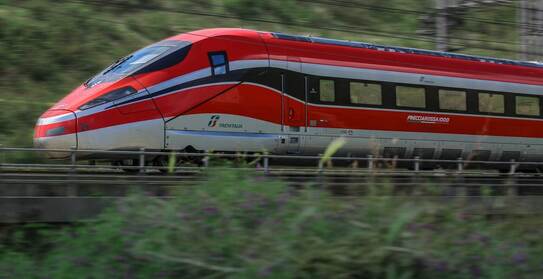
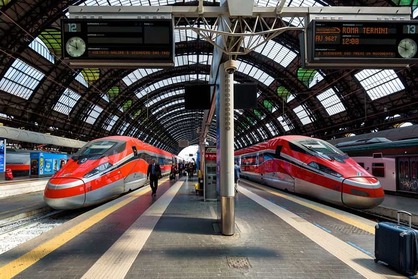








Where Can You Travel With Us?
TAKE A LOOK AT OUR MAP
France
Italy
Netherlands
Luxembourg
Austria
Germany
Belgium
Switzerland
Denmark
Sweden
Norway
Hungary
Czech
Ukraine
China
Active
France, Italy, Netherlands, Luxembourg, Austria, Germany, Belgium, Switzerland, Denmark, Sweden, Norway, Hungary, Czech, Ukraine, China
Upcoming
USA, Canada, Spain, Poland, Japan
Other Train Trips From Milan
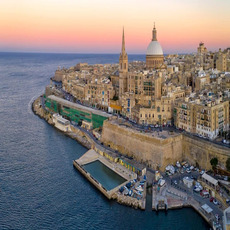
Milan to Anghiari

Milan to Agrigento
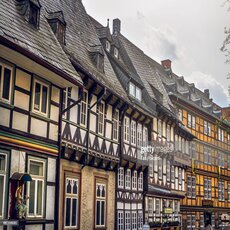
Milan to Melicucca

Milan to Roccabernarda

Milan to Boretto

Milan to Ischia Casamicciola
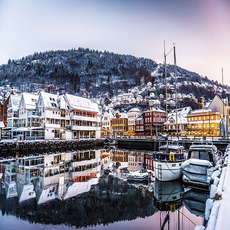
Milan to Catania Airport 2
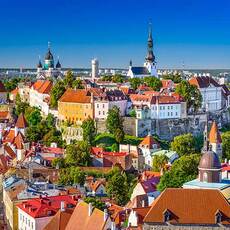
Milan to Potenza University

Milan to Montesilvano

Milan to Genoa Acquasanta
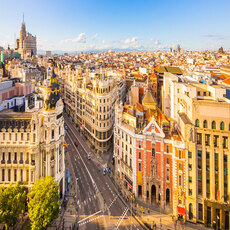
Milan to Calde
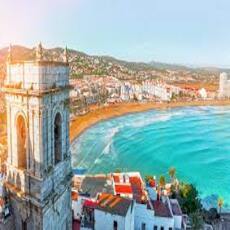
Milan to Ivrea

Milan to Napoli Molo Mergellina

Milan to Casale San Giorgio

Milan to Cascata Delle Marmore
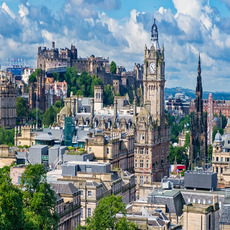
Milan to Regoledo
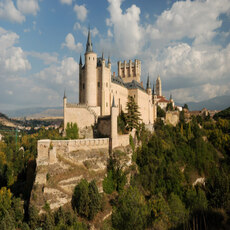
Milan to Reggio Ospizio

Milan to Domegliara Sant Ambrogio

Milan to Marina Massa
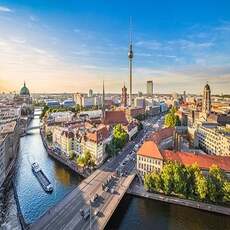
Milan to Lecce

Milan to Giugliano Qualiano

Milan to Sora
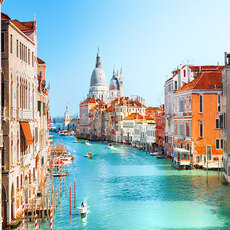
Milan to Falcone

Milan to Lioni Valle Delle Viti

Milan to Cavallermaggiore

Milan to Castel Del Piano

Milan to Fossato Di Vico Gubbio

Milan to Marsure

Milan to Causo

Milan to Pignataro Maggiore
WHY YOU SHOULD TRAVEL BY TRAIN?
To travel from Milan To Como, trains would be the best travel choice, for several reasons:
1
Eco-Friendly
Trains are the most environmentally-friendly way of transport to the EU Environment Agency. They are powered by electricity, which is renewable and has a low environmental impact.
2
Speed
Travelling by train is in most cases the fastest way to go from Rome to Milan. Trains usually travel at high speeds, making them the fastest way to get from one place to another.
3
Safety
Travelling by train is one of the safest forms of transport. Trains are heavily regulated and monitored, making them safer than other forms of transport.
4
Price
Travelling by train is often cheaper than other forms of transport, such as flying or taking a bus. Trains are often subsidized by the government, making them cheaper than other forms of transport.
5
Luggage
Travelling by train is a great way to transport luggage. Trains usually have plenty of space for luggage and they are usually safe and secure.
6
Luggage
Travelling by train is often faster than other forms of transport, such as driving or taking a bus. Trains usually travel at high speeds, making them the fastest way to get from one place to another.
7
Comfortability
Travelling by train is usually very comfortable. Trains usually have comfortable seating and plenty of legroom, making them a great way to travel.
8
Comfortability
Travelling by train is a great way to get some sleep. Trains usually have comfortable seats and plenty of legroom, making them a great way to get some rest while travelling.
9
WIFI
This is not necessarily the most important when you travel since we prefer to tell you to enjoy your travel without your phones, but on trains, you can find WIFI onboard, so you remain connected to the internet if you choose to.
THESE ARE THE TRAIN OPERATORS WE WORK WITH




















